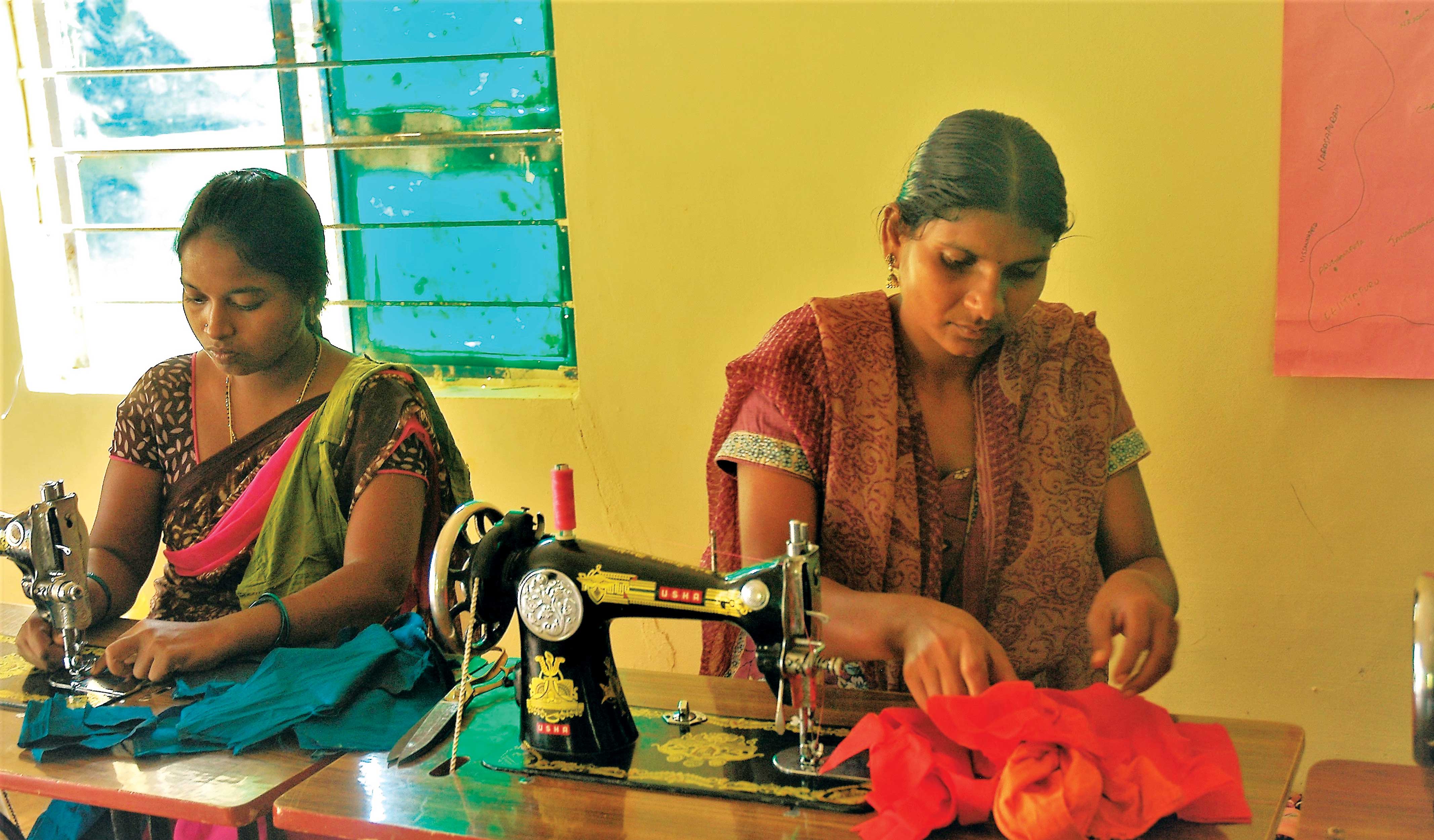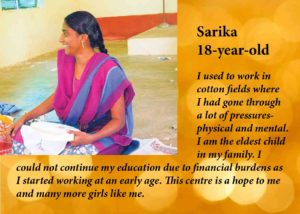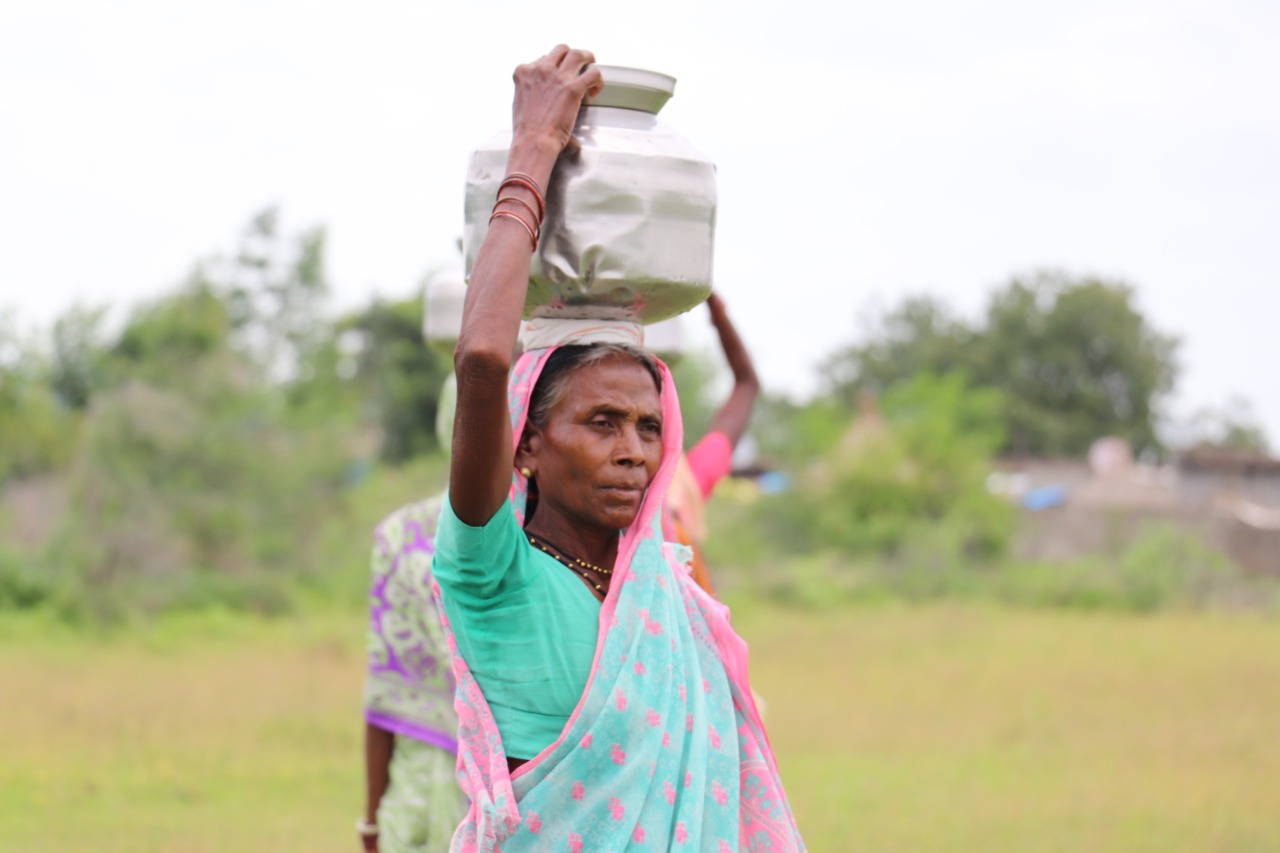- home

- Publication & Resources

- Blog
- Having missed formal education, these young women have vocational skills on their minds

Having missed formal education, these young women have vocational skills on their minds
Formal education may either not be available or may be of such poor quality that children lack interest and drop out of school, with insufficient education depriving many young people in rural areas from acquiring basic skills. Focus on vocational training for adolescents and youths – who are in or vulnerable to child labour – will help them develop newer work skills and enhance employability with dignity.

With a majority of child labourers not able to pursue education, a few – however – dream of re-starting a more dignified life after having left one in the race for a stable financial life. For those, CASA gives them an opportunity like vocational skill training centres and computer training centres Tamil Nadu and Andhra Pradesh.
13-year-old Mary started working in the chilly field and cotton field before coming to this CASA Skill Training Centre in Chithapur village of Chhattrai Mandal district in Andhra Pradesh.
In the summer season, she would go with her family to pluck and collect mangos to earn a daily wage of around Rs 120. Belonging to a landless agricultural labourer family, the daily wage for her parents proved to be insufficient to support their daily needs.
It has been 4 months that she is coming to this centre to learn tailoring and embroidery. “I have a lot of faith in this art. I feel I can liberate myself from the exhaustive labour works in the fields by concentrating on this form of art,” she says.
For her, the more joyous part is not the income coming out of the profession, but the joy to “sit under shade, comfort” and practice her skill is what “calms her mind.”
CASA believes in making women financially independent by imparting vocational training like embroidery, fabric painting and tailoring so that they can find jobs based on their skills and escape the cycle of poverty.
Written and Drafted by: CASA Communications Team
 Previous Blog Post The World is changing, And so are Women in India’s hinterland
Previous Blog Post The World is changing, And so are Women in India’s hinterland Where Will Climate Refugees Go?
Where Will Climate Refugees Go?Featured Post

International Women’s Day -2021
8 Mar 2021
International Women’s Day -2021 is very special for CASA. It’s a delight to announce, CASA with the support of the Church of Sweden has launched an exclusive Gender Desk to emphasise the importance of Gender Justice work. CASA has been working for Gender Justice all throughout and across our constituencies in all these years. Gender Desk comes to add vigour […]

Overcoming Gender and Poverty Barriers
Poverty has been an inevitable problem in India since the beginning of time. The increasing problems of poverty caused by overpopulation and the unequal distribution of wealth among the people have led to a huge impact on the life of millions in the rural as well as the urban area. A person has to acquire […]

Impact of Climate Change on Women
16 Jan 2021
Climate change is a prevailing problem globally whose hazardous repercussions extend beyond the environment. Shrinking glaciers, extinction of plants and animal species, mutation, rise in the Earth’s average temperature and triggered seasonal fluctuations, are some of the impacts of climate change that have already grabbed the headline. Certain early predictions pertaining to climate changes had […]



